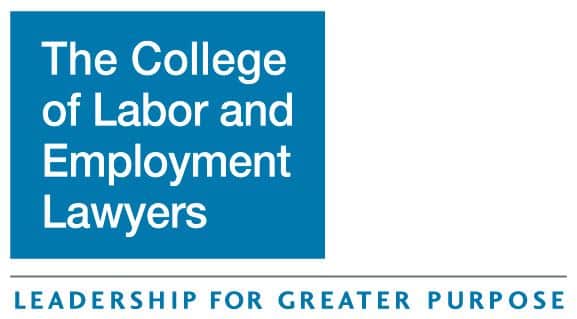As indicated in a previous post a few months ago, Riggan Law Firm, LLC, a St. Louis employment law firm filed a disability discrimination lawsuit on behalf of its client against the Archdiocese of St. Louis and Cardinal Ritter Senior Services. The lawsuit alleges that Caster was terminated because of his disability, actual and/or perceived, in violation of the Americans with Disabilities Act (“ADA”) and the Missouri Human Rights Act (“MHRA”).
On June 28, 2012, the defendants filed a motion with the Court seeking a dismissal of the Plaintiff’s MHRA claim, arguing that they are religious organizations that are exempt from the definition of the term “employer” under the MHRA. In other words, the defendants argued that the MHRA does not apply to them. Specifically, the defendants relied upon the MHRA’s definition of the term “employer,” which includes “the state, or any political or civil subdivision thereof, or any person employing six or more persons within the state, any any person acting in the interest of an employer,but does not include corporations and associations owned and operated by religious or sectarian groups.”
On August 28, 2012, the Court issued an Order denying the defendants’ Motion to Dismiss. The Court took note of Title 8, Section 60-3.010 of the Missouri Code of State Regulations, which states that in order for an organization to be exempt from the MHRA’s definition of “employer” on religious grounds, it “must be one hundred percent (100%) owned and operated by a religious or sectarian group and being a member of that religion or sect must be a requirement for employment…” The Court found that at this stage of the litigation, it is premature to determine if the defendants meet the requirements of the regulation so as to exempt them from MHRA coverage/liability. The Court stated, “Accepting the allegations contained in Plaintiff’s Complaint as true and drawing all reasonable inferences in favor of Plaintiff, the Court cannot say that Defendants are completely owned and operated by a religious group, nor that being a member of a certain religion is a requirement for employment with Defendants.” Specifically, before the Court was evidence that the Plaintiff is not Catholic, and that being Catholic was not a requirement of him being employed by the defendants. Accordingly, the Court denied the defendants’ Motion to Dismiss the Plaintiff’s MHRA claim based on the religious exemption.
If you have been subjected to unlawful employment discrimination, or if you want to know more about your rights, you should contact a St. Louis employment lawyer.












![Court Rejects Application of Religious Exemption to St. Louis Archdiocese and Cardinal Ritter Senior Services, Allows Disability Discrimination Lawsuit to Proceedi]krtf](https://www.rigganlawfirm.com/wp-content/uploads/2023/11/featured.png)